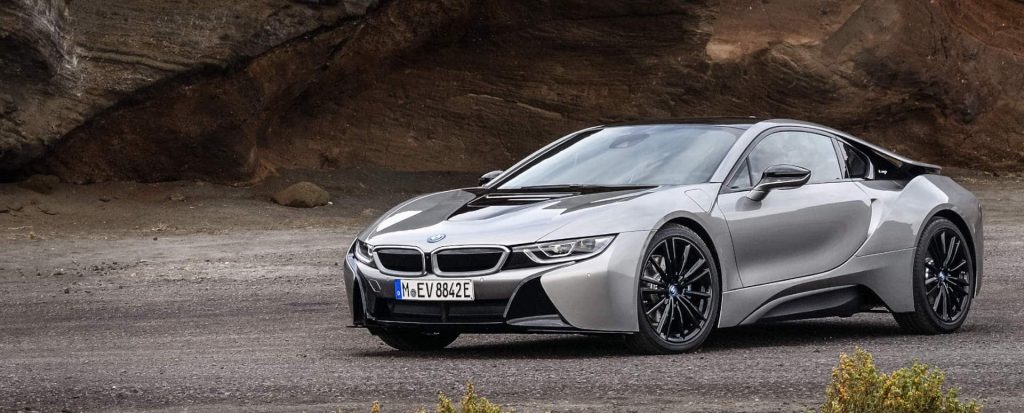
We examine whether the benefits of a gas-electric powertrain outweigh the costs to the planet.
Hybrid cars are popular because they save on fuel, especially with high gas prices. People want to spend less at the pump, so hybrids are a great choice without going fully electric. But the big question is: Do hybrids really help the environment?
The answer is “maybe.” Hybrids save fuel, which is good for the environment, but we also need to think about how they’re made, how long they last, and what happens to them when they’re old. So, while they’re better than regular cars, their overall impact can vary.
Hybrids use less fuel than regular gas cars, which is a big plus. However, they still burn fuel and create pollution. Even though hybrids are better for the environment than standard gas cars, they aren’t perfect. They still rely on fossil fuels and produce harmful emissions.

2 . Environmental Supply-Chain Issues
Hybrids don’t magically appear; they come with their own environmental costs. The batteries and electric motors in hybrids use materials like nickel, cobalt, lithium, and rare-earth metals, which require mining and processing. This can be harmful to the environment and uses a lot of energy. Electric motors often need rare-earth magnets, like neodymium, which are tricky and energy-intensive to mine and make. However, car makers are working hard to find better materials and make batteries and motors more sustainable.

3 . Keeping a Hybrid on the Road
All cars need upkeep, and hybrids have some perks. They usually have smaller engines, which means less oil to change, and their engines don’t run all the time, so oil changes might be less frequent. Their brakes also last longer because of regenerative braking, which means less brake dust. But if you need to replace a hybrid’s battery, that’s a downside for the environment.

When a hybrid car is ready for retirement, it should be recycled properly. The key parts, like the battery and motors, can be reused or recycled to minimize their environmental impact. Just like with old cellphones, valuable materials from these parts can be recovered and used again. This helps reduce the need for new materials and supports a circular economy, where old components feed back into the production cycle.
Whether a hybrid is better for the environment than a gas-only car depends on the model. Just like hybrids eventually save money on fuel, they also reach a point where they become better for the environment. This usually happens fairly early in the car’s life. The longer you keep a hybrid running, the more its environmental benefits add up.

The streets of Dubai, a playground for the world’s most opulent automobiles, r
Read More

The automotive equivalent of a rookie challenging Muhammad Ali: Genesis has thro
Read More

The latest iteration of the Popemobile—the Holy Father's main form of transpor
Read More

The production version of Koenigsegg's four-seat supercar will offer a 5.0-liter
Read More


